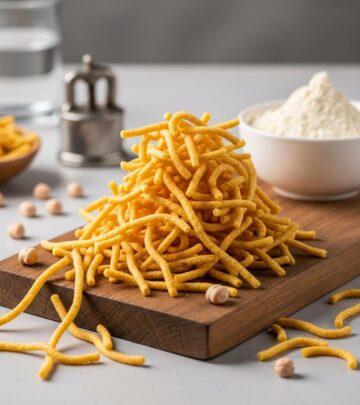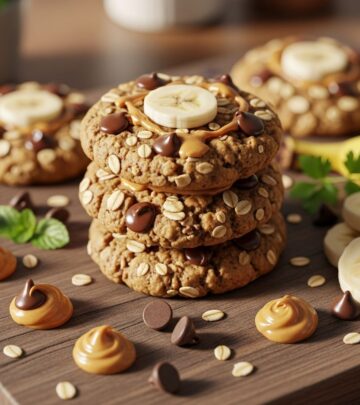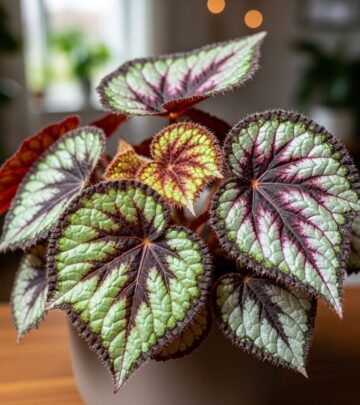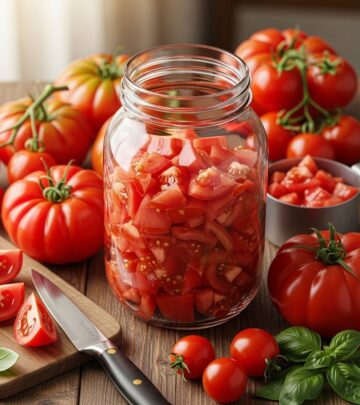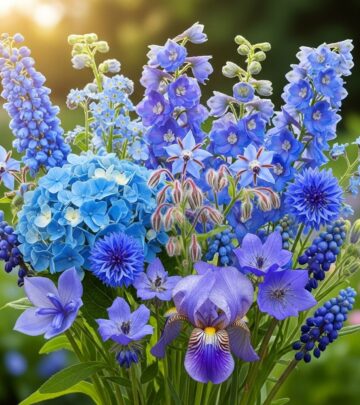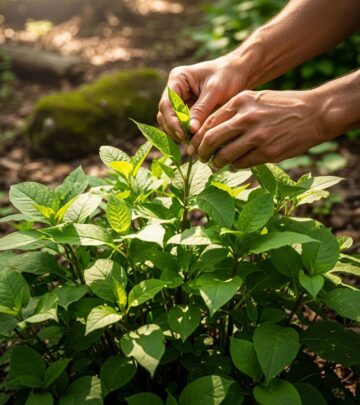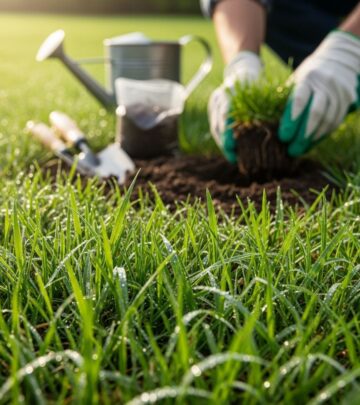Best Fruit Trees To Plant In Tennessee: Complete Guide
Turn your yard into a rewarding orchard with varieties chosen for local climates.
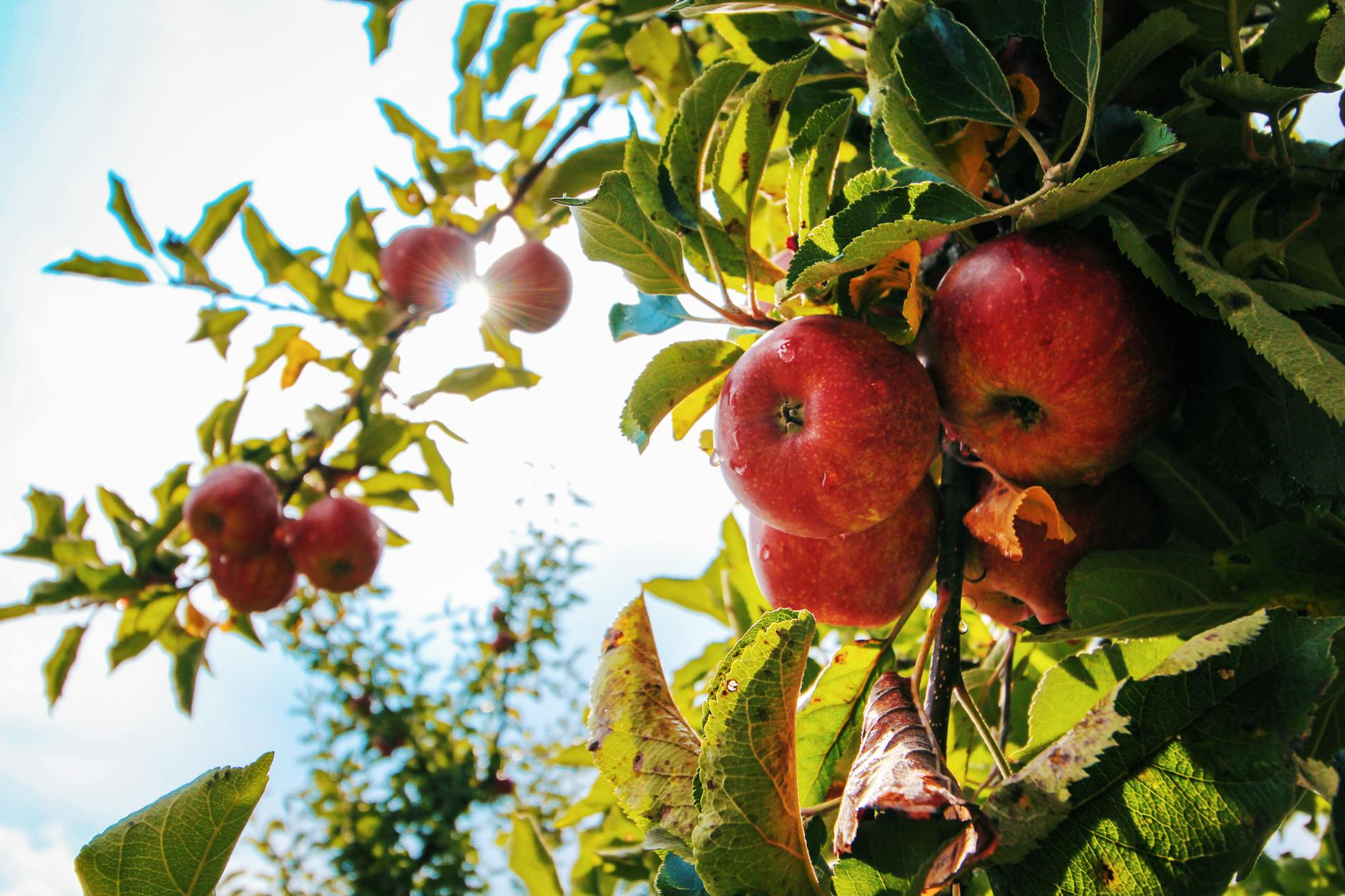
Best Fruit Trees to Plant in Tennessee Yards or Gardens
Are you dreaming of fresh fruit right from your backyard? With its mild seasons and plentiful rainfall, Tennessee is a haven for home orchardists. Throughout most of the state—which straddles USDA Hardiness Zones 5b to 8a—the climate supports a diverse array of fruit trees. Whether you’re seeking bountiful harvests or beautiful spring blossoms, choosing varieties tailored to the Tennessee climate is key.
This complete guide explores the best fruit trees to plant in Tennessee, why they thrive, and how to maximize your harvest for years of sweet, homegrown success.
Why Tennessee Is Ideal for Fruit Trees
Tennessee enjoys:
- Mild winters and warm, but not scorching, summers.
- Generous, well-distributed rainfall throughout the year, helping to keep soil moisture consistent.
- Absence of extreme seasonal shifts, reducing climate stress on plants.
Most importantly, the state’s climate fosters good fruit production without the risk of bitter cold or excessive heat. Many popular fruit tree species not only tolerate, but thrive, in this environment.
Top Fruit Trees for Tennessee Gardens
Let’s look at the top fruit trees for Tennessee yards and why they excel here:
Apple Trees
Apples are a favorite for gardeners statewide. With stunning spring flowers and crisp fall fruit, they’re a classic and reliable choice for home orchards. Tennessee’s climate delivers the chill hours apples need to form fruit, while avoiding freezes that might damage blossoms.
Popular Tennessee varieties include:
- Honeycrisp – prized for its crunchy texture and sweet-tart balance.
- Gala – fast to fruit, resistant to diseases, and popular for snacking.
- Granny Smith – needs fewer chill hours (about 400) and is self-pollinating, making it ideal for small gardens.
- Fuji and Red Delicious – also adapt well in Tennessee and offer longer harvest windows.
Tips for Growing Apples:
- Plant in full sun and well-draining soil.
- Choose long-season varieties for consistent harvest in this region.
- Ensure adequate chill hours (usually 500-600 hours below 45°F), which Tennessee’s climate routinely provides.
- Water regularly after planting to establish healthy roots.
- Consider planting more than one variety for improved pollination and yield, unless growing a self-pollinating variety like Granny Smith.
Pear Trees
Pears are another excellent Tennessee pick, especially Asian pears and classic European varieties like Bartlett and Anjou. With their high disease resistance and tolerance of varying soils, pears can thrive even where apples may struggle.
- Pear trees prefer moderate moisture and can tolerate short dry spells once mature.
- Most pears need a pollinator for best fruit set; plant two compatible varieties for heavy crops.
- Look for fire blight–resistant types for easiest care.
Peach Trees
Peaches love Tennessee’s moderate heat and relatively mild winters. Popular choices include:
- Elberta
- Redhaven
- Contender
These varieties are adapted to the necessary chill hours—typically between 500 and 900—and tolerate the region’s humidity.
Key Considerations:
- Plant in a sunny, well-drained spot.
- Prune annually to promote airflow and prevent fungal diseases.
- Apply regular copper-based fungicides if peach leaf curl is a problem in your area.
Cherry Trees
Cherries add ornamental beauty and delicious fruit to Tennessee gardens. While sour cherries (like Montmorency) are hardier and more reliable, some sweet cherry varieties can also succeed, especially in higher elevations or northern parts of the state if winter chill is sufficient.
- Choose disease-resistant varieties for best results.
- Net trees in spring to protect ripening fruit from birds.
- Plant more than one compatible variety for optimal pollination if your selected type is not self-fertile.
Plum Trees
Plums are a tasty, low-maintenance option for Tennessee landscapes. European and Japanese plums both perform well here, but Japanese plums often handle the region’s humidity better.
- Popular choices include Shiro, Santa Rosa, and Ozark Premier.
- Plums are early-flowering—protect from late frosts where possible.
- Plant at least two different varieties for cross-pollination.
Fig Trees
Enjoy fresh figs in summer by planting cold-hardy types like Chicago Hardy or Celeste. Figs thrive in protected spots, especially with a south-facing wall or where microclimates offer winter shelter. Mulch heavily at the base to insulate roots from cold spells. Once established, figs are remarkably drought-tolerant and easy to maintain.
Persimmon Trees
Persimmons are prized both for their ornamental beauty and sweet autumn fruit. Both American and Asian persimmons grow well in Tennessee. American types (like Diospyros virginiana) are especially tough and tolerate local conditions well. Plant at least two different trees for good pollination and yield.
Blueberries
While not strictly a tree, blueberries are a must-grow Tennessee fruit bush. Rabbiteye and Southern highbush varieties adapt well to local conditions. Plant two or more varieties for better pollination—and a longer harvest season.
Pro tip: Blueberries require acidic soil (pH 4.5–5.5) and perform best with a thick mulch and regular irrigation, especially during blooming and fruiting.
Mulberry Trees
Mulberries are an underappreciated, resilient fruit tree option for Tennessee home gardens. The trees produce abundant berries that are delicious fresh, dried, or in jams. They tolerate a range of soils and even urban pollution.
Pawpaw Trees
Pawpaw trees deliver a unique, creamy-textured fruit with a tropical flair, but grow wild throughout much of Tennessee. These small native trees perform best with some afternoon shade and make a delightful addition to the edible landscape.
Other Noteworthy Options:
- Pecan trees – best for larger properties; thrive in the western part of the state.
- Apricot trees – choose hardy late-blooming varieties to avoid frost damage.
- Quince – highly ornamental and produces aromatic fruit great for preserves.
- Jujube – drought-tolerant and little trouble with pests or diseases.
- Sugar Apple (Sweetsop) – a tropical treat that needs extra winter protection or container growing in Tennessee’s cooler zones.
Table: Best Fruit Trees for Tennessee at a Glance
| Tree Type | Recommended Varieties | Special Notes | Pollination Needs |
|---|---|---|---|
| Apple | Honeycrisp, Gala, Granny Smith, Fuji | Choose long-season or disease-resistant types | Some are self-pollinating |
| Pear | Bartlett, Anjou, Asian Pear | Many are fire blight resistant; needs two types for pollination | Yes |
| Peach | Elberta, Redhaven, Contender | Needs annual pruning; plant in full sun | Many self-fertile |
| Cherry | Montmorency, Stella, Sweetheart | Net fruit to prevent bird loss | Most need cross-pollination |
| Fig | Chicago Hardy, Celeste | Needs winter protection in cold areas | Self-fertile |
| Blueberry | Rabbiteye, Southern Highbush | Prefers acidic soil; not a tree | Plant two or more |
Planting and Care Tips for Fruit Trees in Tennessee
- Select Disease-Resistant Varieties: Consult local extension resources for types that resist local problems, like fire blight or brown rot.
- Site Selection: Opt for full sun and well-drained soils. Avoid frost pockets or areas prone to waterlogging.
- Soil Preparation: Amend with organic matter before planting to improve fertility and drainage.
- Watering: Deeply water trees as they establish, especially during hot dry spells. Mature trees are often drought-tolerant.
- Mulching: Apply a 2–3 inch layer of mulch around the base of fruit trees to conserve moisture and deter weeds.
- Annual Pruning: Essential for shaping, improving sunlight penetration, and enhancing fruit production.
Pest and Disease Management
Tennessee’s humidity can encourage fungal issues, and pests like Japanese beetles or codling moths may target fruit trees. Here are quick tips:
- Choose resistant varieties when possible.
- Practice good garden hygiene: Clean up fallen fruit and leaves to reduce disease risk.
- Encourage beneficial insects for natural pest control.
- Implement a regular inspection routine—catch problems early before they spread.
- Use organic sprays like neem oil or copper fungicide as needed, always following label instructions.
Frequently Asked Questions (FAQs)
Q: What fruit tree is easiest for beginners in Tennessee?
A: Apple trees (particularly Granny Smith or Gala) and fig trees are two of the easiest choices, offering disease resistance, reliable yields, and straightforward care.
Q: Can I grow tropical fruit trees, like sugar apple, in Tennessee?
A: Sugar apple and other tropicals need to be grown in containers and brought indoors during the winter. With proper care, you can enjoy these exotic fruits even in Tennessee’s climate, but they are not suited to outdoor planting year-round.
Q: How long does it take fruit trees to bear fruit after planting?
A: Most trees start producing in 2–5 years, though this varies by species, rootstock, and growing conditions.
Q: What’s the best time of year to plant fruit trees in Tennessee?
A: The best time is late winter to early spring, while trees are still dormant, giving them several months to establish roots before summer heat.
Q: Should I fertilize my fruit trees? What should I use?
A: Fertilize young trees lightly in early spring with a balanced, slow-release fertilizer. Mature trees often need less fertilizer if soil is healthy. Test soil to avoid overfeeding, which can hurt fruiting.
Useful Resources and Extension Links
- Contact your local county extension office for advice on variety selection, pest management, and soil testing.
- Attend community workshops or master gardener sessions to learn hands-on orchard skills.
- Browse reputable nurseries for varieties suited to your USDA zone and local microclimate.
Start your Tennessee fruit tree journey today and enjoy homegrown harvests for generations to come!
References
Read full bio of medha deb


